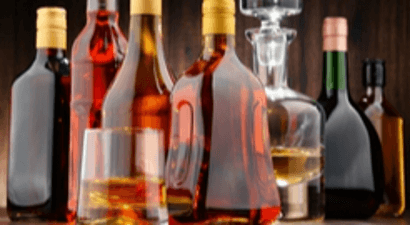SARS TARGETS ILLICIT FUEL TRADE
As has been recently reported in the media, a prime focus of SARS is the illicit fuel trade, which, according to a recent SARS media report, is “driven by organised criminal networks that smuggle and illegally adulterate fuel.”
SARS has established that some importers deliberately underdeclare the quantity of fuel imported into South Africa by falsifying documents. According to SARS, it has seen “a national trend where many of the fuel-storage and distribution depots are involved in the adulteration of all fuel products, especially through illegal mixing of diesel with paraffin.” This ‘adulteration’ of fuel is alleged to cost the fiscus in the region of R3.6 billion per year.
Various government agencies are collaborating to combat the illicit fuel trade, with search and seizure operations being conducted at fuel storage facilities. SARS is also carrying out random sampling of fuel moved by road tankers.
Some filling stations and industrial users purchase the illicit fuel completely unaware that the fuel contains paraffin, which is commonly used as a fuel extender when mixed with diesel. This lack of knowledge provides no protection to those found in possession of the illicit fuel. Any subsequent sale of mixed diesel will also prejudice consumers who purchase an inferior product that could seriously damage the internal combustion engines of their vehicles.
In terms of section 37A(4)(a)(i) of the Customs & Excise Act 91 of 1964 (“the Act”), no person shall mix marked goods with distillate fuel (“diesel”) or petrol. Section 37A(4)(a)(vi) states that no person may be in possession of marked goods mixed with diesel or petrol. In this regard, the term “marked goods” refers to paraffin, which is required, by Rule 37A.01(b) to be marked with a marker known as “Authentix A1” if not used as aviation kerosene.
It is clear from the Act that no intent to deal in or knowledge of the fact that the fuel is contaminated is necessary for a person to be in contravention of the Act. For example, if an unsuspecting transporter collects a load of contaminated diesel from a facility and his vehicle is randomly checked by SARS, the transporter will be held liable by SARS. The Act places the onus on the transporter to prove that he was not involved in marking the fuel and that he had no knowledge that the fuel was illicit.
The paraffin can be added to diesel at any stage in the logistics chain as a fuel extender, and since the marker is only traceable when testing the fuel using specialised machinery, it is nearly impossible for those attempting to run a fully compliant fuel business to protect themselves.
The Act makes it the responsibility of the various role players to ensure compliance. It is therefore important that every entity involved in the transportation, storage, and distribution of fuel take note of the risks and familiarise themselves with the relevant provisions of the Act. Additionally, internal policies and controls must be reviewed regularly, and each step of the logistics chain must be properly documented.






